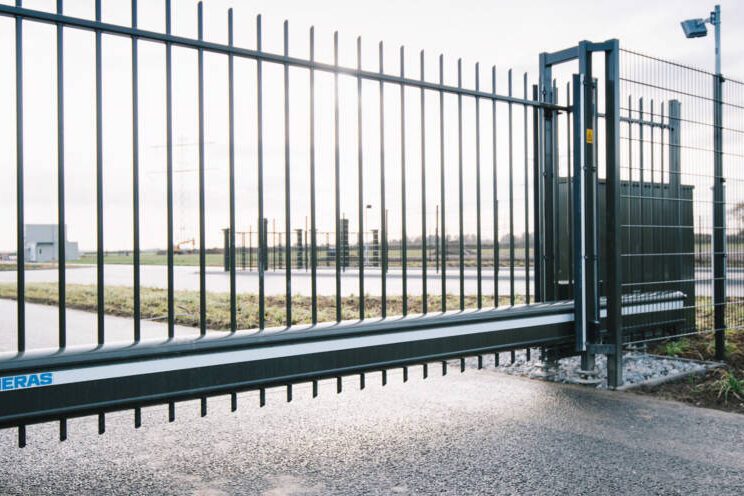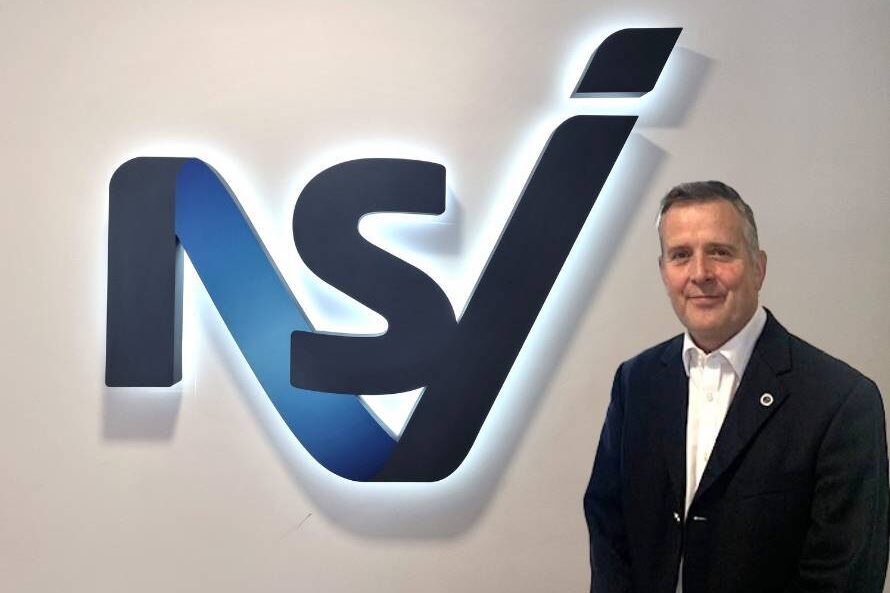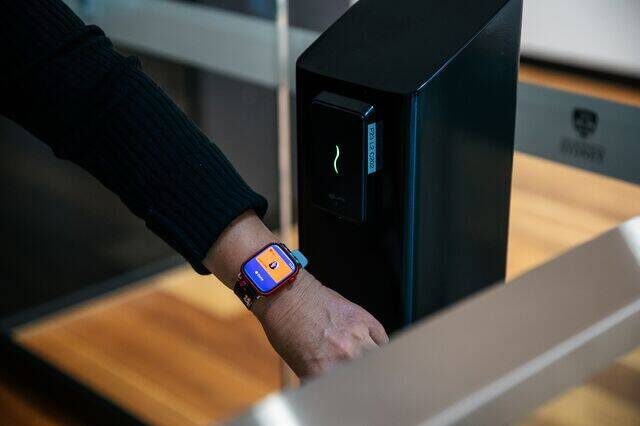Cybersecurity measures key to defending GCC energy-wide infrastructure against attacks, say experts
Increased investment and awareness in cybersecurity measures are key for Gulf Cooperation Council (GCC) decision-makers if they’re to successfully defend against potential attacks on critical energy infrastructure, security experts have advised.
Dr. Kevin Rosner, Senior Fellow with the Institute for Analysis of Global Security, said GCC countries endowed with energy-related natural resources, need to assess whether they’re adequately protecting assets which they consider central to state interests.
“Decision makers should be reminded that energy infrastructure is part of a supply chain which, to use the old adage, is only as strong as its weakest link,” said Rosner, a headline speaker at the upcoming Infrastructure Security Conference (Infrasec) in Bahrain.
“Regardless of whatever steps have been taken to secure critical infrastructure, the threats and challenges, and therefore tactics to undo protection measures, are dynamic, not static.
“As the former director of the FBI said with regards to cybersecurity back in 2012, ‘I am convinced that there are only two types of companies: those that have been hacked and those that will be.’ The same can be said for countries with vital, critical and largely visible energy and resource related infrastructure.”
Dr. Rosner will deliver a presentation about Asymmetric Warfare and Critical Energy Infrastructure Protection at Infrasec, which takes place at the Bahraini capital Manama from 18-20 April 2016 at The Gulf Hotel.
He said regional governments, particularly those near conflict zones should analyse the importance of their critical energy infrastructure to their own national security on a node-by-node basis.
“There needs to be a recognition that ‘threats’ to infrastructure have a multitude of causes, each of which have to be analysed for their own risk probability and costs associated with preventative actions on multiple levels,” added Rosner.
“Information gathering, attention to detail, and an inclusive consideration of all options that could debilitate infrastructure is a good place to start.”
Dr. Kevin Macnish, Teaching Fellow and Consultant at the University of Leeds in the UK, and another speaker at Infrasec, said more investment is needed in infrastructure security across the Gulf, highlighting the cybersecurity threat in the wake of recent attacks in the past.
“Cybersecurity is becoming a greater concern, especially in the wake of the Stuxnet attack in Iran,” said Dr. Macnish, who will speak about the meaning and purpose of ethical security at Infrasec.
“The ability to attack and bring down critical assets from a distance without recourse to missiles or aeroplanes is easier now than ever before.
“Furthermore, there are hackers who will do this for a fee so that one doesn’t need the resources of the state to bring about a successful attack. One can invest all the money in the world on physical security and still experience a significant attack if computer systems are not subject to similar levels of security.”
Organised by Messe Frankfurt Middle East, and held under the patronage of H.E. Dr. Abdul Hussain bin Ali Mirza, Bahrain’s Minister of Energy, Infrasec is expected to attract more than 150 regional energy infrastructure security professionals, and will feature a power-packed line-up of over 20 expert speakers.
In a press statement issued earlier, the minister had welcomed Messe Frankfurt’s choice of Bahrain to convene Infrasec, in view of the Kingdom’s attractive environment for hosting international conferences and exhibitions, citing the government’s facilitations for such conferences. The one-day pre-conference workshop and two-day conference is supported by Intersec, the world’s largest trade show for safety, security and fire protection; Bahrain’s National Oil and Gas Authority; and Bahrain National Gas Company (Banagas).
“The dependence on energy supply throughout the Middle East makes it imperative to ensure the safe and secure distribution of these resources to keep economies running,” said Ahmed Pauwels, CEO of Messe Frankfurt Middle East.
“Infrasec will address these issues head-on, bringing together leading international security experts and thought leaders with regional stakeholders and energy-related decision makers.”
Other headline speakers at Infrasec include Professor David Stupples, Professor of Electronic and Radio Systems at the University of London; Malcolm Smith, Head of Group Security at SASOL Petrochemicals, South Africa; Keith Tupman, Principal Security Advisor at the Kuwait Oil Company; and Halim Boudiaf, Former Security Manager at ConocoPhillips, Algeria.
Tupman, who will deliver a presentation about the interoperability of maritime security assets and aerial surveillance assets in sea-facing oil and gas environments, commented about how to prevent malicious attacks on critical infrastructure at sea.
“The obvious way to improve deterrence is to present a unified front at both national and regional levels,” said Tupman.
“Regular national and regional inter-agency top-table discussions and exercises will go a long way toward advertising the fact that regional oil and gas majors are taking a proactive interest in protecting their own and collective critical infrastructure.”
Infrasec will also feature an exhibition showcasing the latest innovations and solutions in critical infrastructure perimeter security, physical security, information and cybersecurity, and commercial security. More information is available at: www.infrasecme.com
[su_button url=”http://www.infrasecme.com/3/home.aspx” target=”blank” background=”#eb8223″ color=”#ffffff” size=”10″ radius=”0″ icon=”icon: arrow-circle-right”]For more information on Infrasec click here[/su_button]









